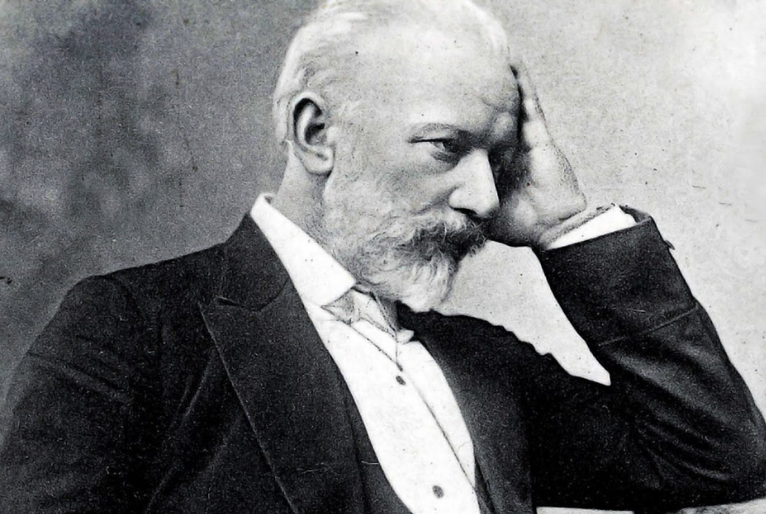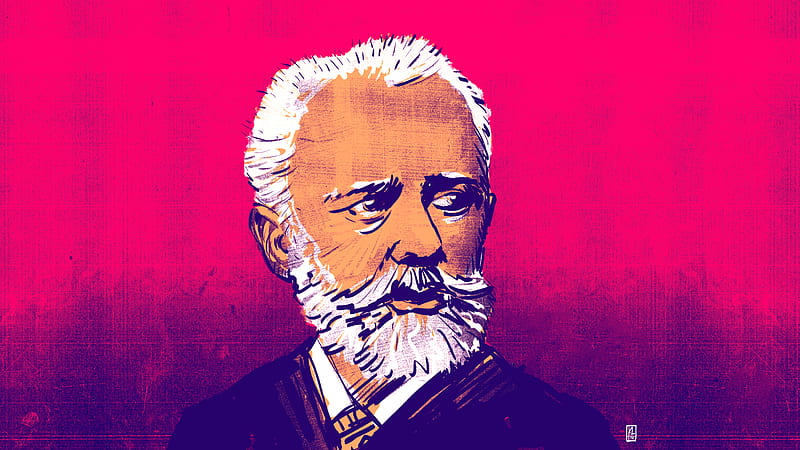
Pyotr Ilyich Tchaikovsky: A Biography
Pyotr Ilyich Tchaikovsky (1840–1893) remains one of the most beloved composers in classical music history. Known for his emotional depth, unforgettable melodies, and dramatic compositions,[…]

The Story Behind Tchaikovsky’s Romeo and Juliet
Pyotr Ilyich Tchaikovsky’s Romeo and Juliet Overture-Fantasy is a masterpiece that has captivated audiences since its creation. This symphonic work, inspired by William Shakespeare’s timeless[…]

The Story Behind Tchaikovsky’s Swan Lake
Swan Lake, one of the most famous and beloved ballets, is a masterful work by the celebrated Russian composer Pyotr Ilyich Tchaikovsky. First performed in[…]

The Story Behind Tchaikovsky’s The Nutcracker
The Nutcracker is one of the most beloved ballets in the world, enchanting audiences of all ages with its magical story and beautiful music. Composed[…]

Top 10 Tchaikovsky Songs
Pyotr Ilyich Tchaikovsky (1840-1893) is one of the most renowned Russian composers, celebrated for his rich, emotional music that bridges the Western and Russian classical[…]

Pyotr Ilyich Tchaikovsky – Biography and History
Pyotr Ilyich Tchaikovsky, one of the most celebrated composers in the history of classical music, was born on May 7, 1840, in Votkinsk, a small[…]

Fascinating facts about Tchaikovsky
Pyotr Ilyich Tchaikovsky, one of the most celebrated composers in the history of classical music, left an indelible mark on the world of music with[…]

Unveiling the Melodic Enigma: Curiosities About Pyotr Ilyich Tchaikovsky
Pyotr Ilyich Tchaikovsky, the renowned Russian composer, remains one of the most celebrated figures in the world of classical music. His compositions, including iconic pieces[…]

Discovering Tchaikovsky’s Top 7 Compositions
Pyotr Ilyich Tchaikovsky’s music continues to resonate with audiences worldwide, thanks to its emotional depth, lyrical beauty, and powerful orchestration. From the symphonic grandeur of[…]

Tchaikovsky: Celebrating the Life and Legacy of a Great Composer and Gay Icon
Born in 1840 in Votkinsk, Russia, Tchaikovsky grew up during a time when homosexuality was largely condemned and considered taboo. As a result, he was[…]